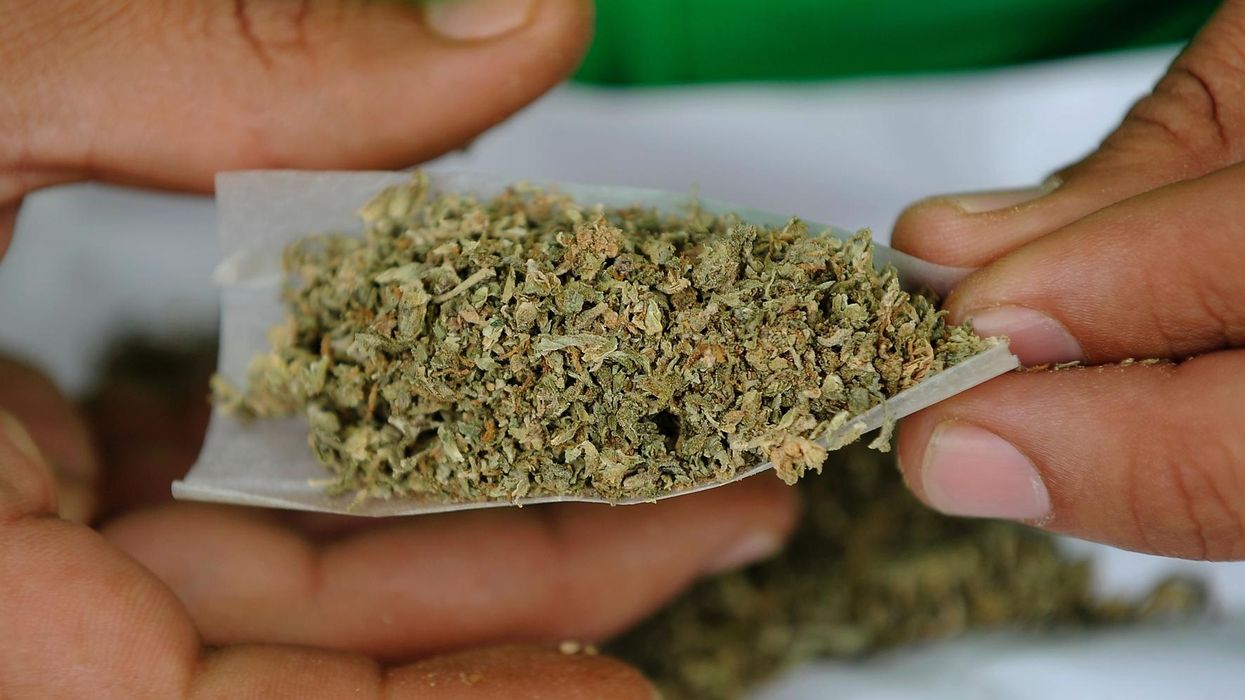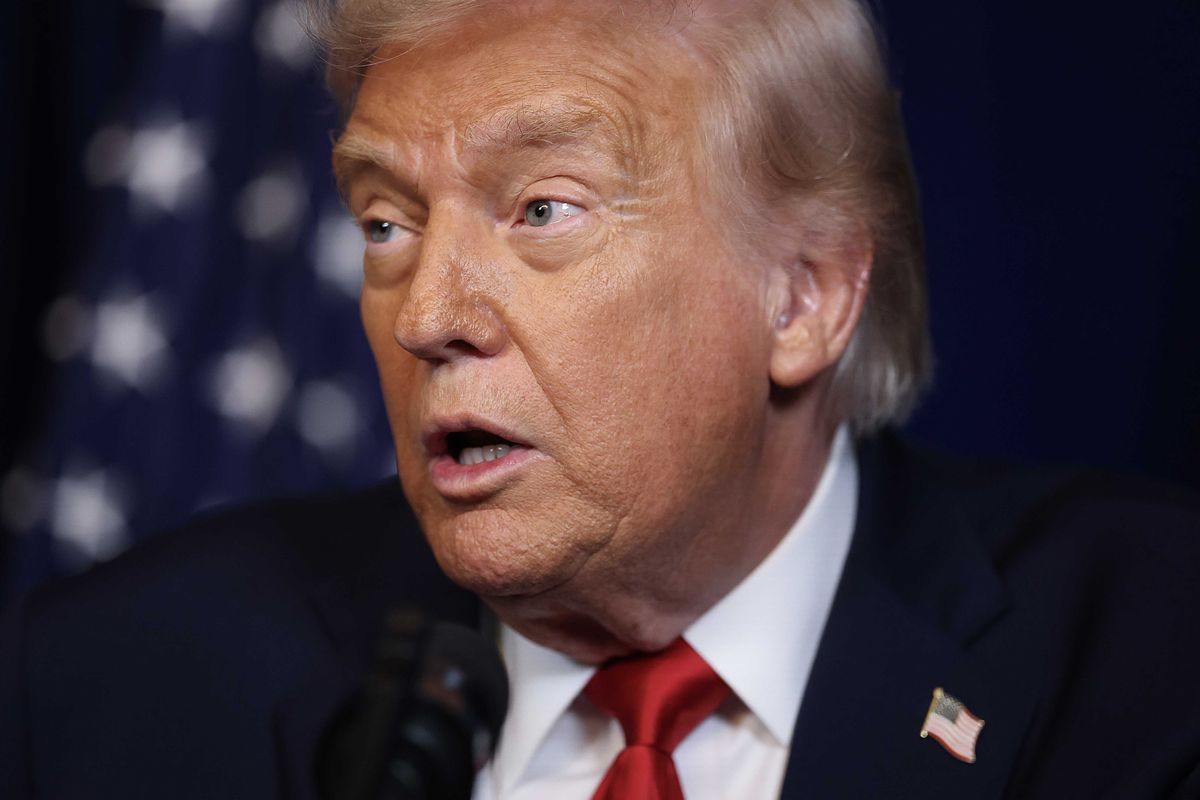Viral
Joe Vesey-Byrne
Mar 28, 2017

Picture:
PEDRO PARDO/AFP/Getty Images
A study published by the British Medical Journal has corroborated earlier findings that link academic aptitude with a proclivity for cannabis.
The research, by James Williams and Gareth Hagger-Johnson of University College London, found that 'high ability' students were more likely to have smoked cannabis in their teenage years compared to their lower ability contemporaries.
Looking at the English, Maths, and Science test results of 11 year olds, Williams and Hagger-Johnson split a cohort into high, and low achievers, and monitored their academic progress and bad habits.
The high ability teens were more likely to smoke cannabis, but also less likely to smoke cigarettes or engage in 'hazardous' consumption of alcohol.
The cannabis use ranged from regular, to occasional.
The likelihood that they would continue using cannabis into older age was also double that of the lower achieving group.
These findings corroborates analysis done in 2011 of participants in the British Cohort Survey.
BCS began in 1970, and the 2011 study looked at the higher IQ members of survey.
Those with high IQ scores at age 10 were found to be more likely to smoke cannabis by age 16, and to have used cannabis, cocaine, amphetamine and ecstasy by age 30.
Why?
All of the studies highlight 'likelihood' and correlation, rather than cause.
There are several theories for a smarter child's penchant for cannabis.
One is that cannabis and other drugs are used by intelligent teenagers because they're more open to new experiences.
The 2011 BCS study asserts that smarter children feel ostracised, and therefore may be more likely to turn to drugs or regular alcohol use as a coping mechanism.
Another theory, based on studies of 'anti-drug' education programmes, argues that more intelligent children are more sceptical of 'Just say no' style drug education taught in school.
A 1998 study found that students subjected to these sorts of 'Just say no' arguments were actually more likely to try drugs after the 'education'.
In addition knowing the dangers of drug has been found to have little effect on those who know more about it. Drug taking and alcohol drinking among medical students and doctors is particularly high.
HT British Psychological Society
More: The FBI is still struggling to employ hackers because they’re all smoking weed
Top 100
The Conversation (0)













